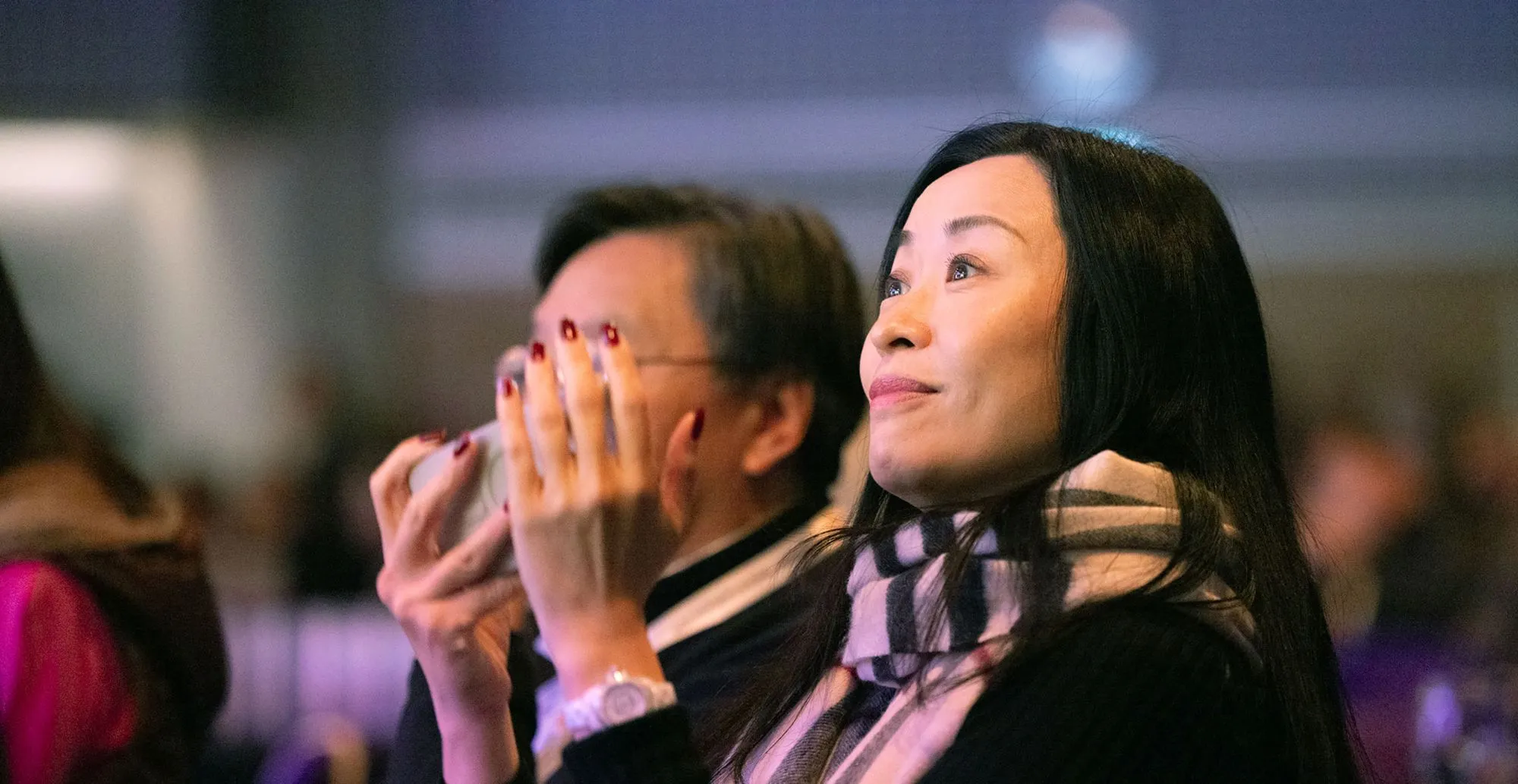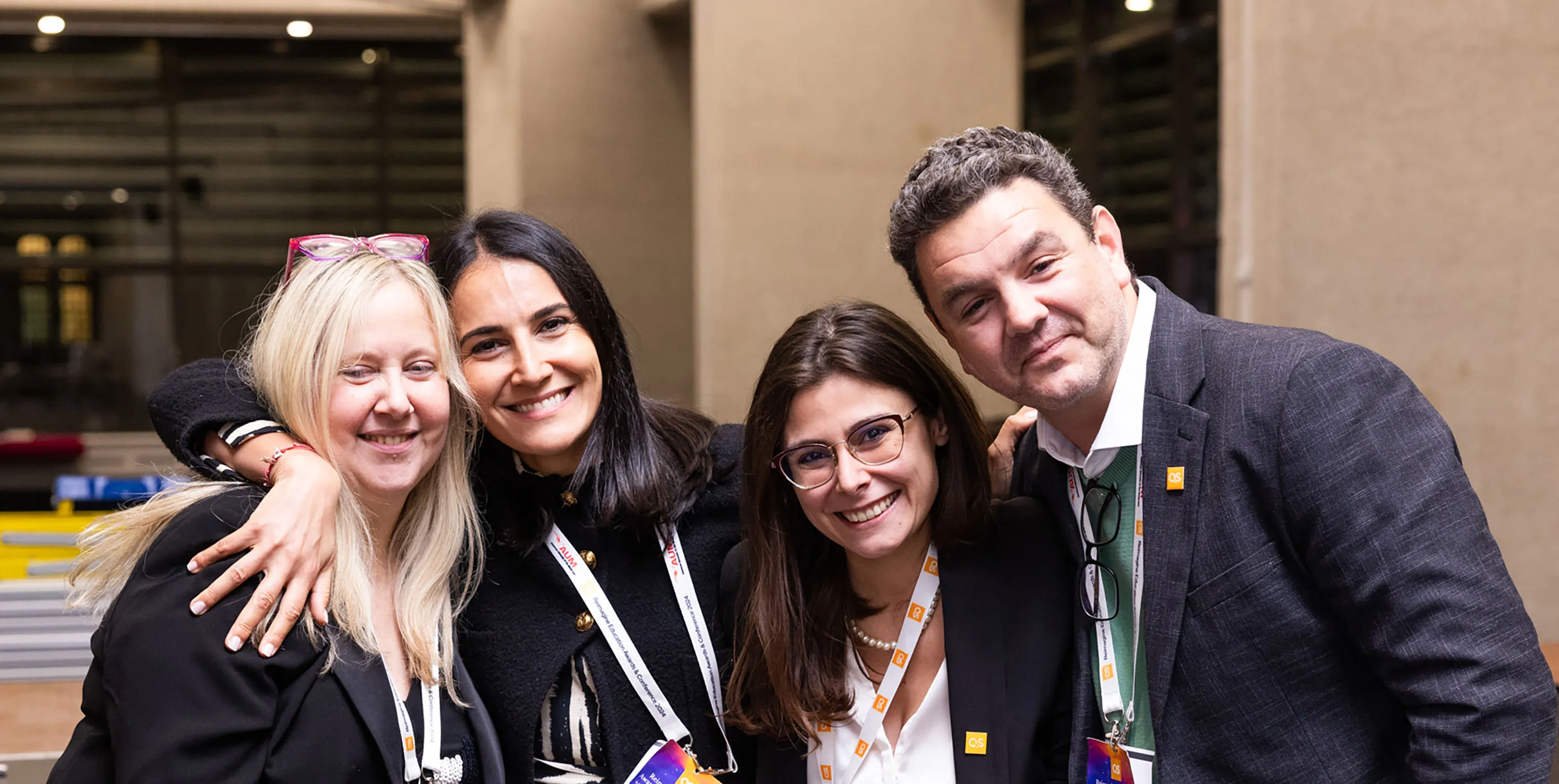The Association to Advance Collegiate Schools of Business (AACSB) was founded in 1916 – just 8 years after Harvard’s Business School launched the very first MBA. Originally designed to accredit business schools, it now provides “quality assurance, business education intelligence, and learning and development services to over 1,900 member organisations.” AACSB has accredited over 1,000 business schools around the world. When it comes to graduate management education, they know their stuff.
So when the AACSB’s Past Chair of the Board of Directors says that business education is facing “an existential crisis”, we would be wise to listen. McRae Banks has a storied history across American higher education and has spent 10 years with the AACSB. We caught up with him to explore how he sees business education changing.
The future of business education
“This is going to sound alarming, but I believe that we are facing an existential crisis. I think business education can be a leader in this, should it choose to do so.” Banks’ assessment comes as business education is increasingly happening virtually, and the rise of generative AI.
43% of students we surveyed have used ChatGPT-3 during their studies, and 37% have already reconsidered their course choice because of AI.
QS Generative AI Survey 2023
Where does Banks see AI having an impact? “The creation of customised degree programmes that identify the knowledge and performance weaknesses for each individual student, and that can provide additional work for shoring up those weak areas, while spending less time on the areas of high performance. There are certainly challenges with that.” Banks questions how institutions and colleges would measure success and certifications of a course like that. “Will some industries create their own academic programmes? We've gone through up and down cycles where there were industry or company universities or corporate universities, industry, university accreditations and things like that are going to do that? And is that going to bypass business schools?
Changing modes of education
“Virtual education is a challenge, should business schools go that route without careful thought and preparation. Students are savvy consumers, if they feel like they’re not getting their value, they will go elsewhere. This comes as fewer students want to disrupt their lives and go to a particular place to get their degree.”
Regarding course content, student’s preferences are constantly changing: “[Students] feel like they can do a better job of preparing themselves by getting more and more and more experience within organisations.”
According to Banks, business schools stay relevant by engaging businesses: “It goes beyond just having an advisory board, it's about going out and visiting with them and having sessions where executives and managers from different companies come in and meet with the faculty and the leadership of their business schools. While schools can’t create a programme bespoke to every employer, they can explore what the general concerns are and create something around that.”
How AACSB is adapting
“What we’re trying to do at AACSB is to define the role of business schools for themselves, higher education and students. To do that, we’ve integrated societal impact into our accreditation standards. Our mission statement ends saying that ‘we want our graduates to make a difference where they work, and where they live’. So when we talk about making those differences, that means that they've got to be engaged with society, and all of the different ills that society faces. I think business schools have to attune students to that, and organisations need to be attuned to that too.”
Find out what employers are looking for from business school graduates









.jpeg)







